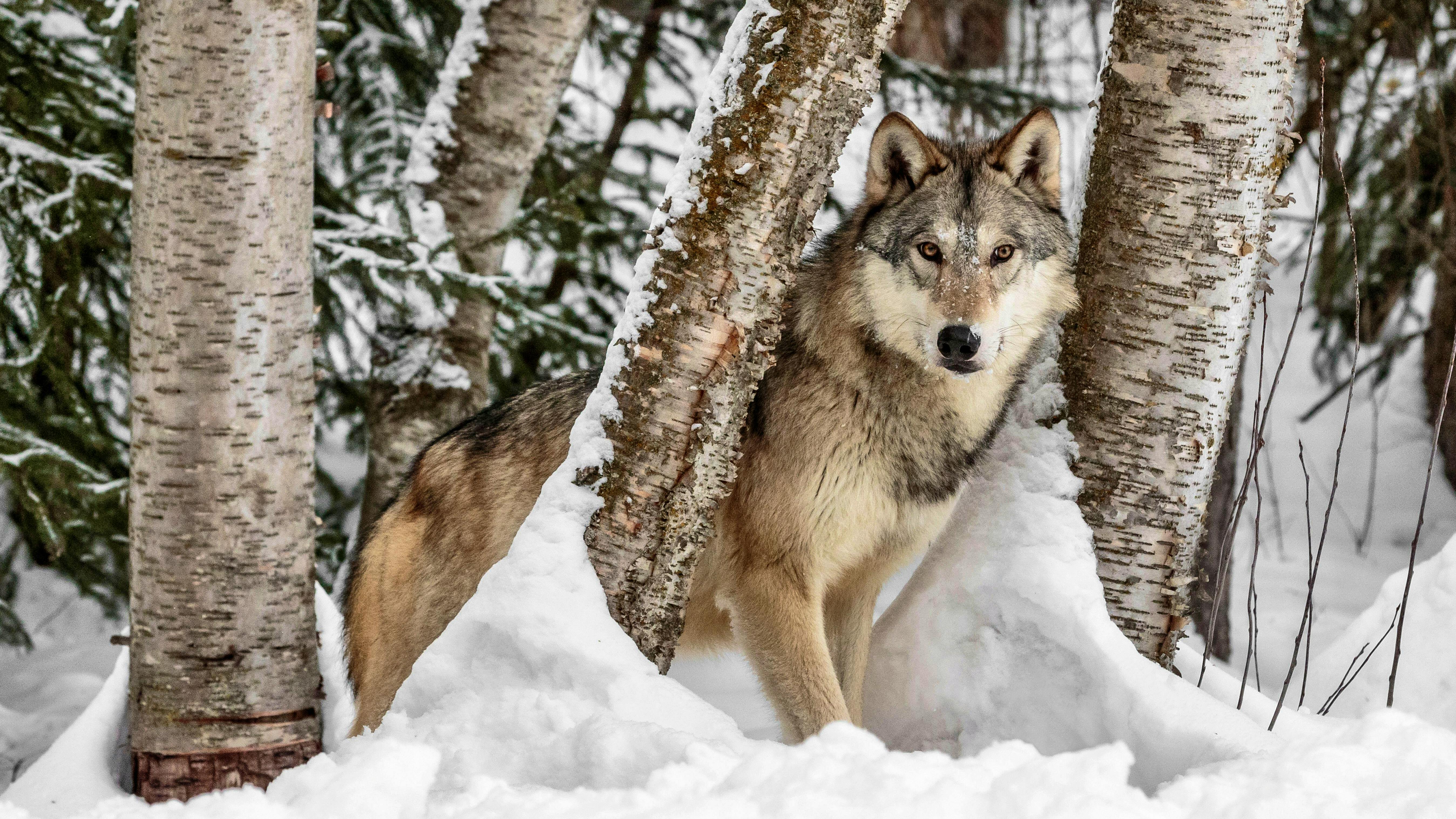
Defenders' coral scientist Dan Thornhill in action
Whether you’re loading up a scuba tank or slipping on a snorkel mask, if you’re touring a coral reef, chances are you’re entering tropical waters. But what happens when suddenly those waves aren’t so warm? According to new research, it isn’t only rising temperatures that pose a threat to undersea ecosystems–a plunging thermometer could have serious consequences for corals as well.
Last year was an unusually frigid time for Floridians. In fact, January and February of 2010 saw temperatures on inshore reefs in the upper Florida Keys fall below 54 degrees F (12 C), and remain below 64 degrees F (18 C) for two weeks. The negative effects were felt by wildlife throughout Florida waters, and corals were no exception. Just three weeks after the cold snap, a team of researchers (including coral scientist and soon-to-be-Defender Dan Thornhill) headed down to the Florida Keys. They knew such a low drop would have an impact on corals found in the area’s reefs, but had no idea what they were in for. The results were chilling.

Corals from Admiral Reef before and after the cold-water event. Credit: Dustin Kemp, University of Georgia
Key Largo’s Admiral Reef was dead. “It was the saddest thing I’ve ever seen,” said University of Georgia researcher Dustin Kemp. “The large, reef-building corals were gone. Some were estimated to be 200 to 300 years old and had survived other catastrophic events, such as the 1998 El Niño bleaching event. The severe cold water appeared to kill the corals quite rapidly.” How had the cold hit them so hard, so quickly?
After comparing coral samples from those that had survived, the researchers determined that the key element was Symbiodinium, a type of symbiotic algae that lives inside corals and provides them with nutrition. Cold waters restrict the algae’s ability to photosynthesize (the same way excessively warm waters do). Without that vital energy, neither algae or corals can survive. And without corals, an entire ecosystem hangs in the balance.
“The corals provide the framework for the entire reef ecosystem,” Kemp said. “The lobster, shrimp, clams, fish — all the creatures that depend on the reef — were affected too. The potential consequences for coral ecosystems are extremely alarming.”
Learn more:
Cold temperatures join a growing list of threats to coral reefs around the world today. See how Defenders is working to protect protect the health and unique beauty of coral reefs by reforming the the unsustainable aquarium trade.
Dan Thornhill and his team of researchers are also working to process data gathered a mile below the surface before, during and after the BP Deepwater Horizon oil disaster to see how deep-sea animals and ecosystems fared after exposure to massive amounts of oil and chemical dispersants.
Feeling the Heat: See Defenders’ board member Jeff Corwin talk about the world’s coral reefs – and how climate change is slowly killing these magnificent hotspots of biodiversity.





Follow Defenders of Wildlife
facebook twitter instagram youtube tiktok threads